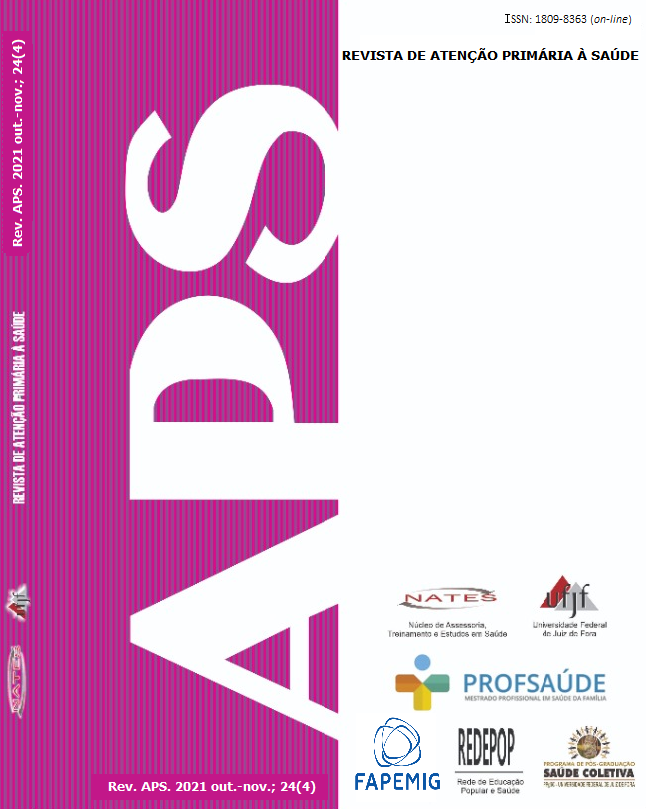Atenção primária na saúde suplementar brasileira: estudo qualitativo em planos de saúde
DOI:
https://doi.org/10.34019/1809-8363.2021.v24.35047Keywords:
atenção primária à saúde, saúde suplementar, modelos de assistência à saúde, assistência centrada no paciente, características da populaçãoAbstract
Objective - Primary health care (PHC) has been considered as the pillar of the organization of the health system, providing quality, comprehensive and integrated care, with rational use of resources. Despite the ANS inducing initiatives, they still show low scale, both for beneficiaries and for the assistance network, with limited impact on clinical, operational, and financial results. The present study aims to analyze the factors that may be potential barriers to a larger scale of PHC in Brazilian supplementary health.
Methods - This is a qualitative study involving a sample of managers of health plans selected by the Innovation Laboratory on Experiences of Primary Care in Brazilian Supplementary Health. Data analysis followed three encoding processes (axial, grounded methodology, structuring of observed results).
Results - In total, 12 professionals were interviewed, from different types of health operators. The qualitative analysis allowed grouping in large areas, involving the conditions and deployment challenges, the scale of expansion, integration with other levels of care and user engagement. Finally, pathways have been identified for the PHC has more scale and achieve the desired results.
Conclusions - Although PHC is recognized as the central element in the organization of the system, integrated into the care network, it is not yet widely adopted in Brazilian supplementary health. The PHC program managers who participated in this research highlighted fundamental points to be addressed, at different levels of organizations.











